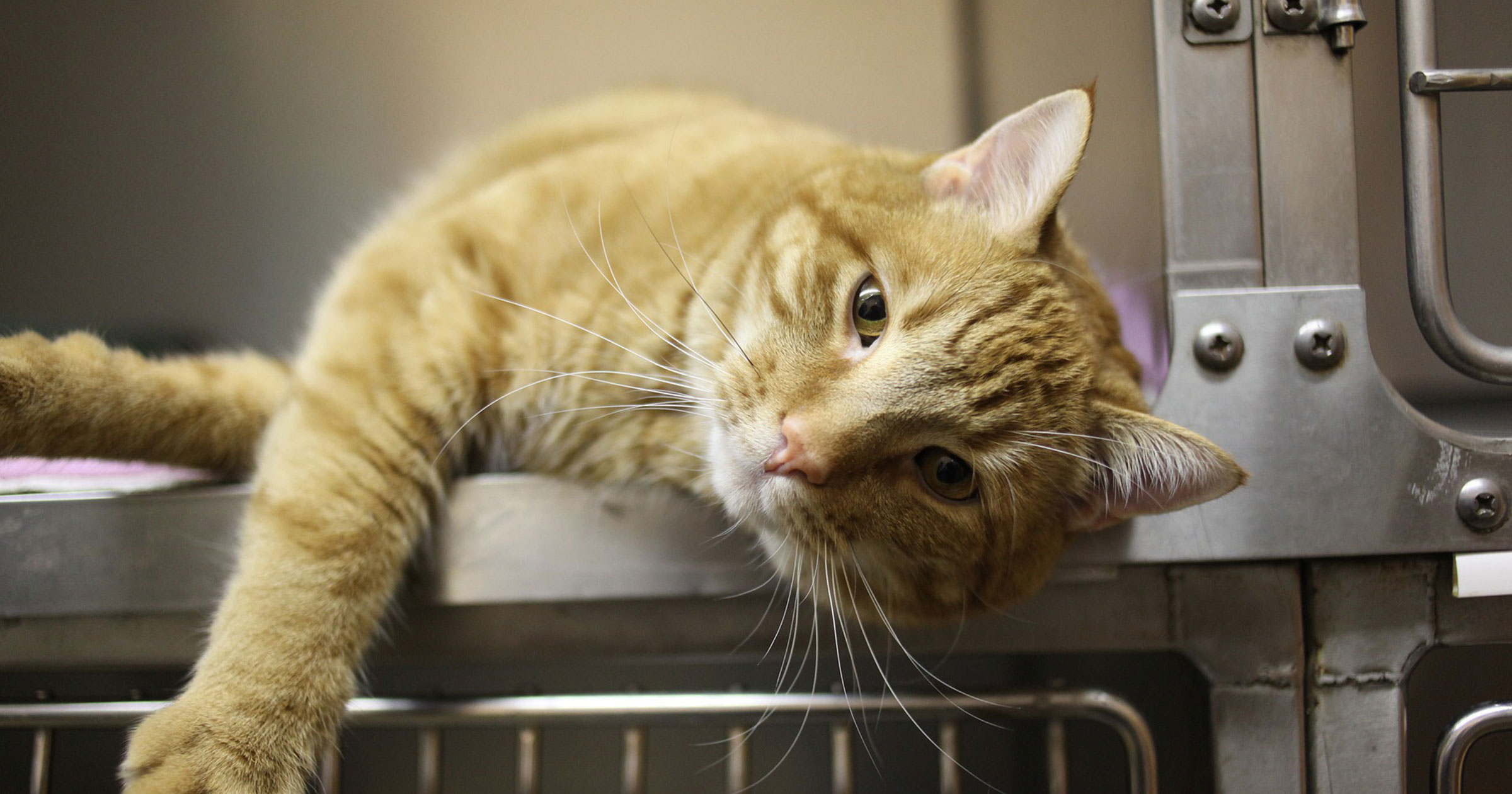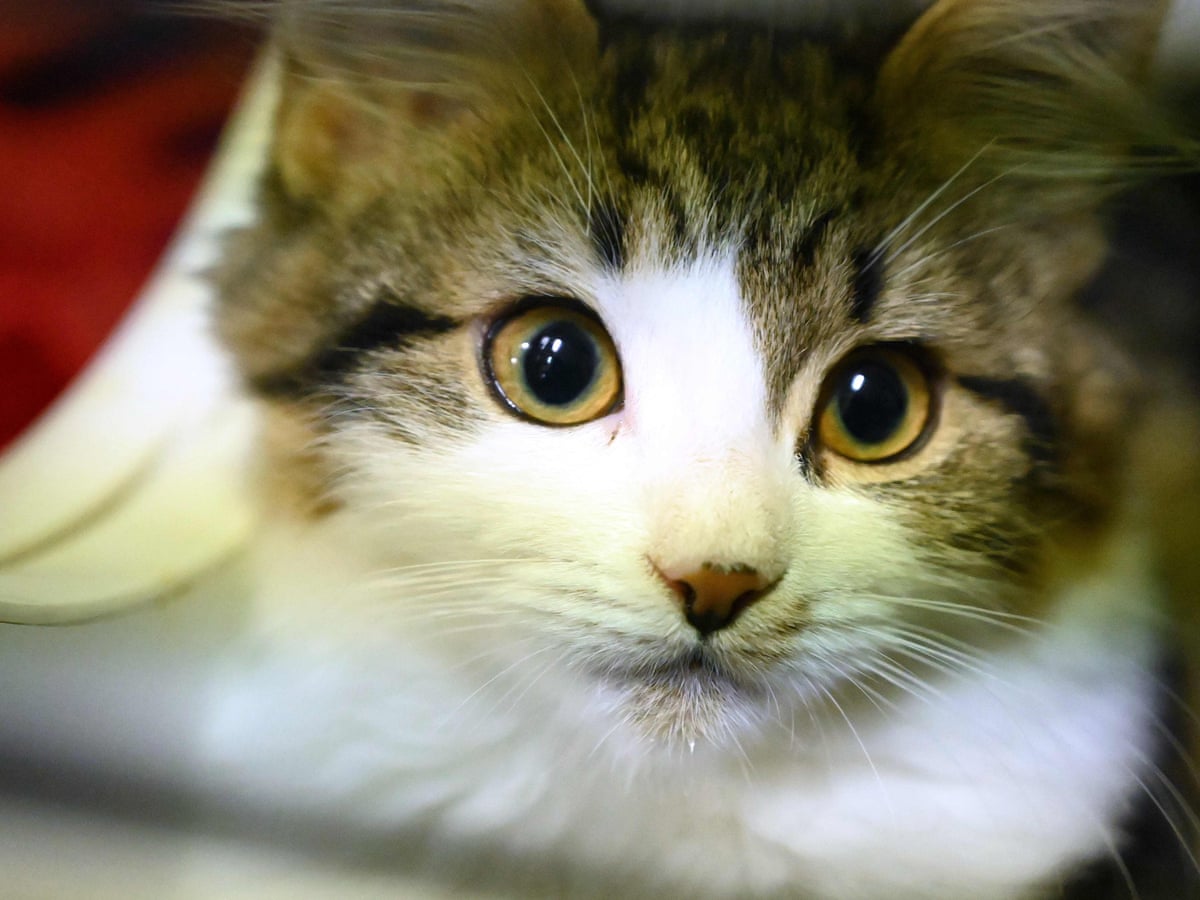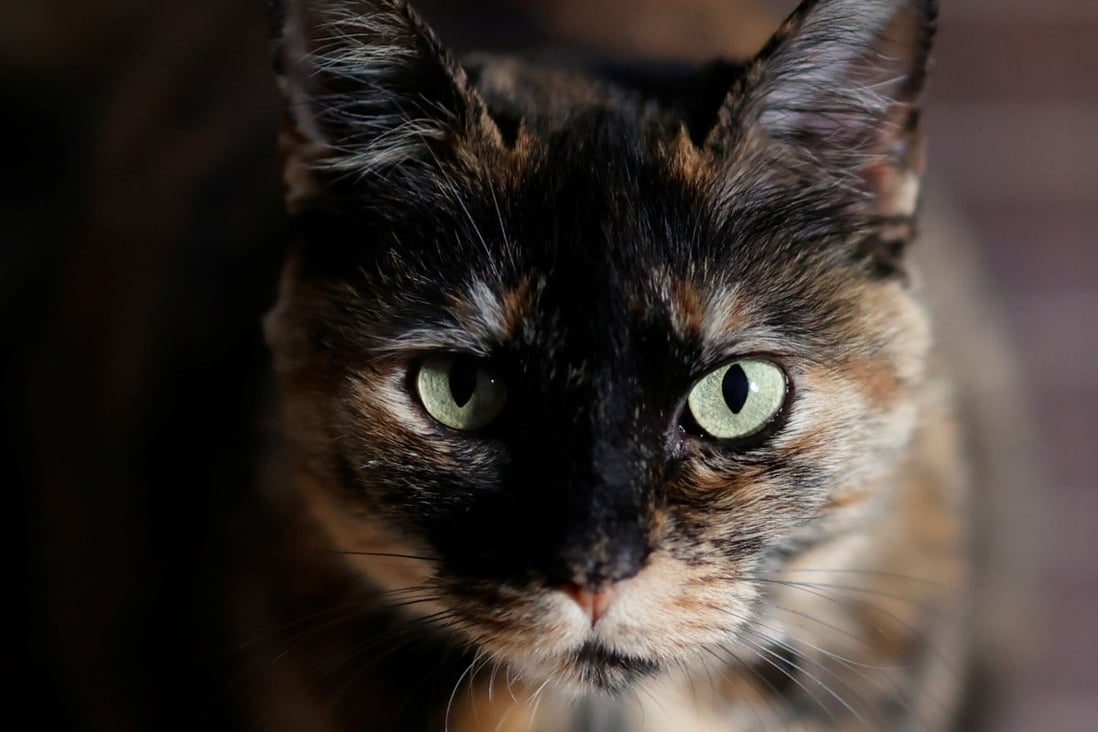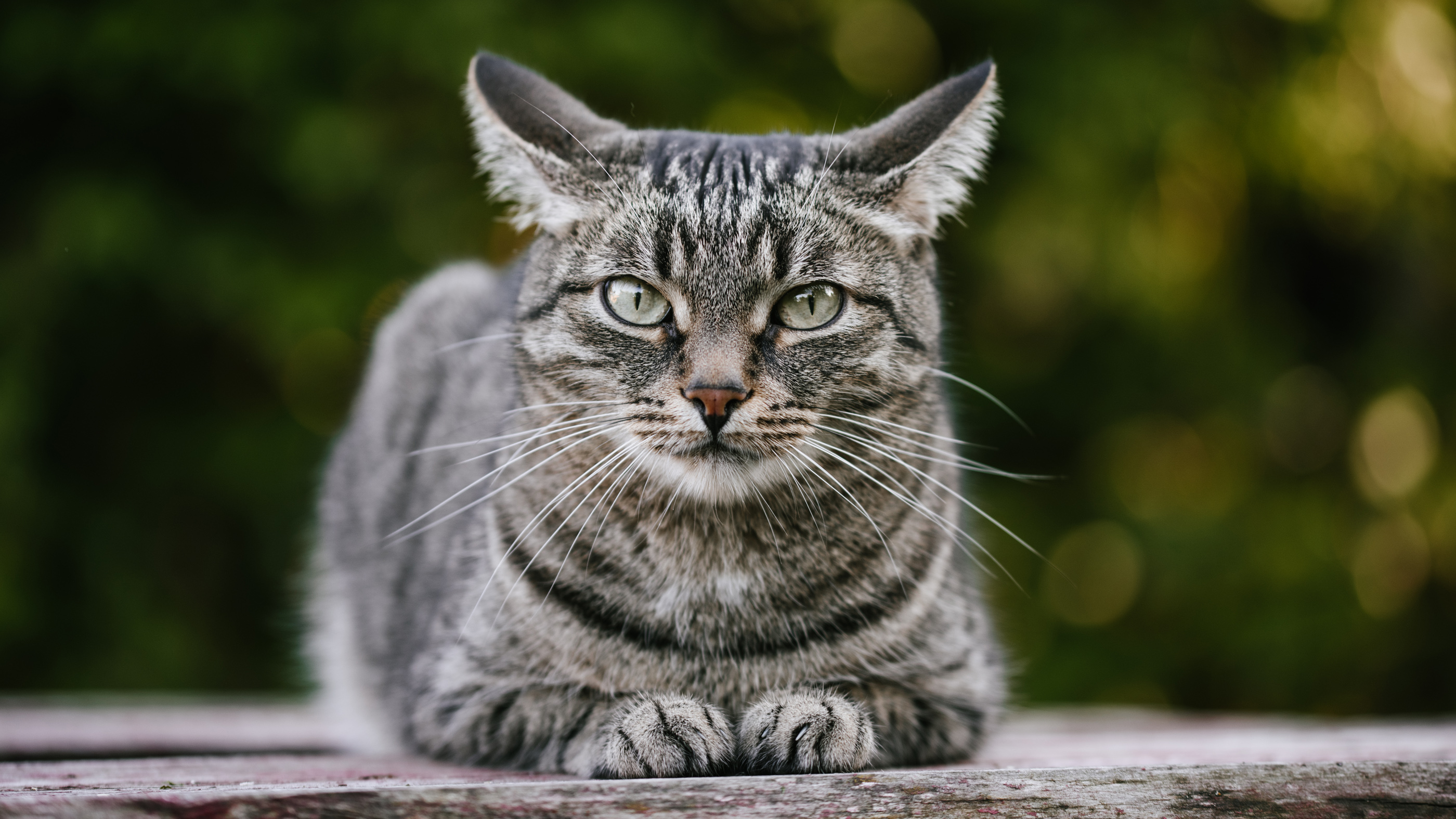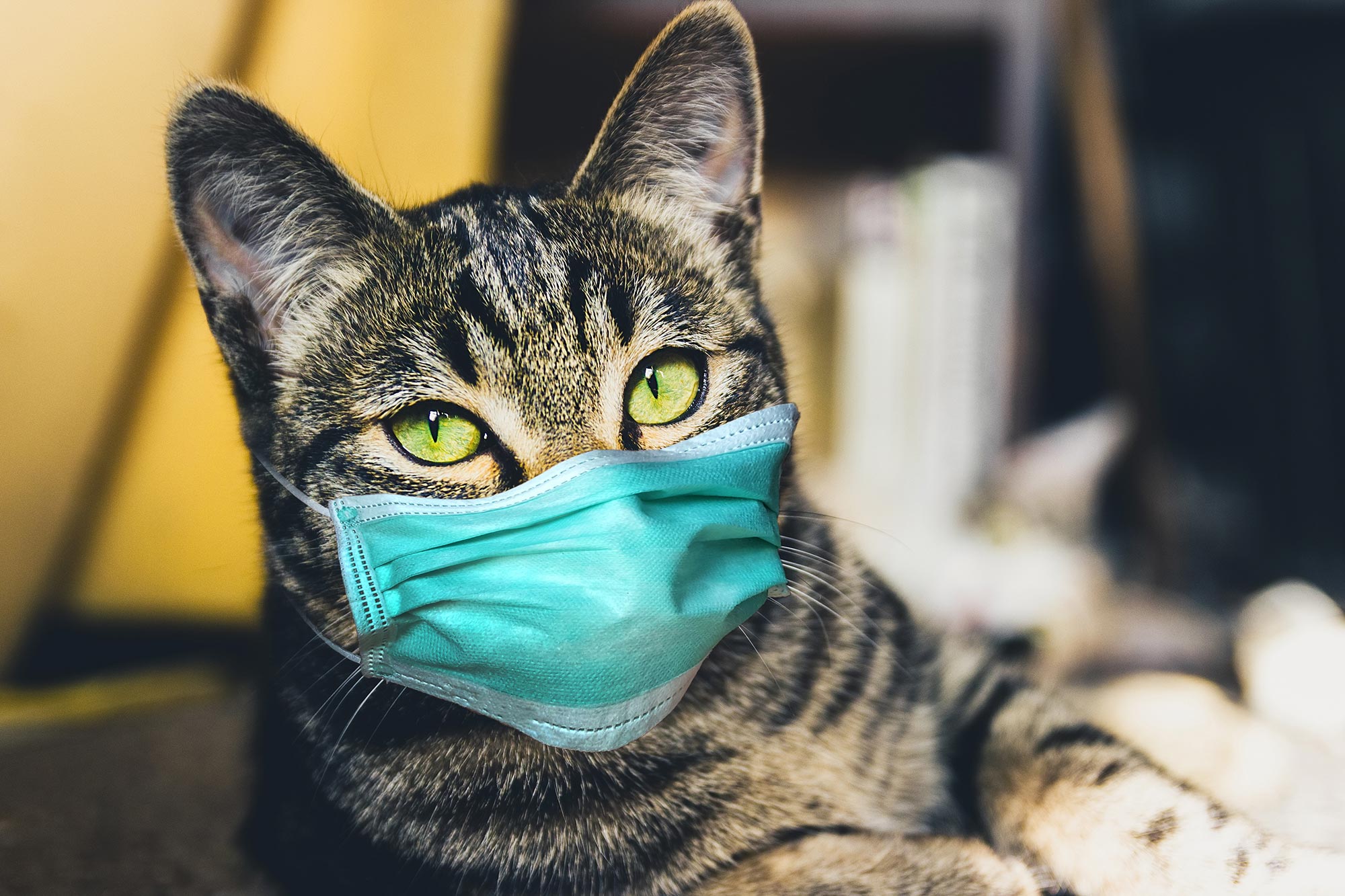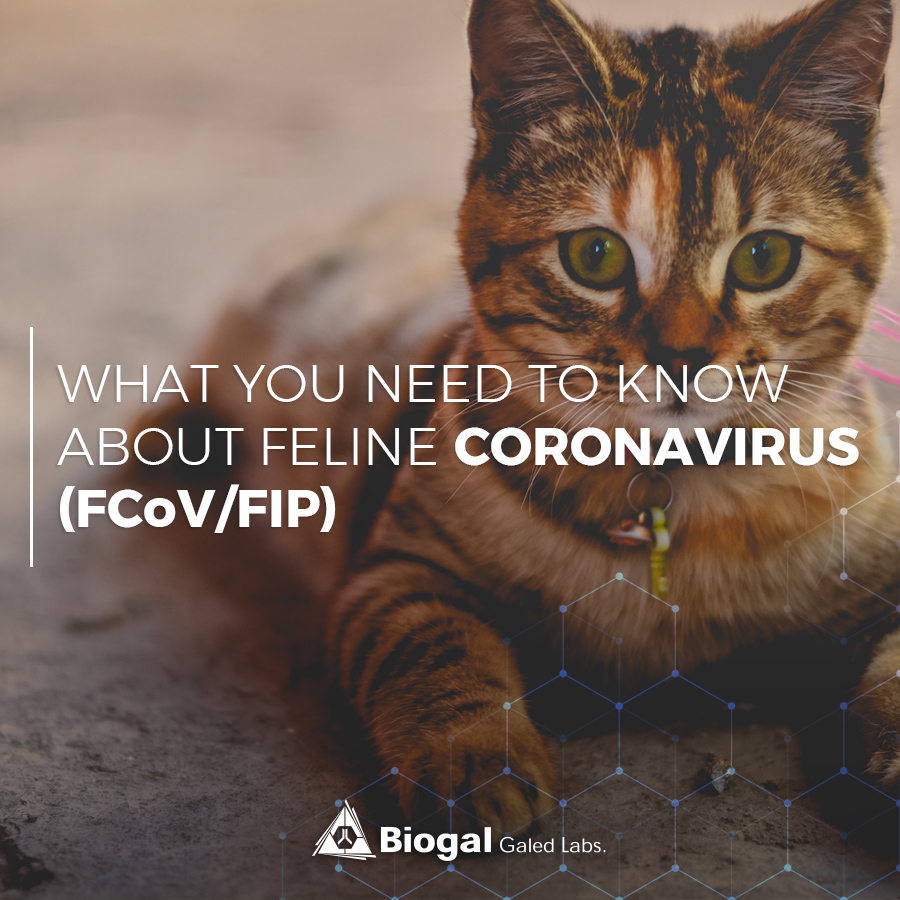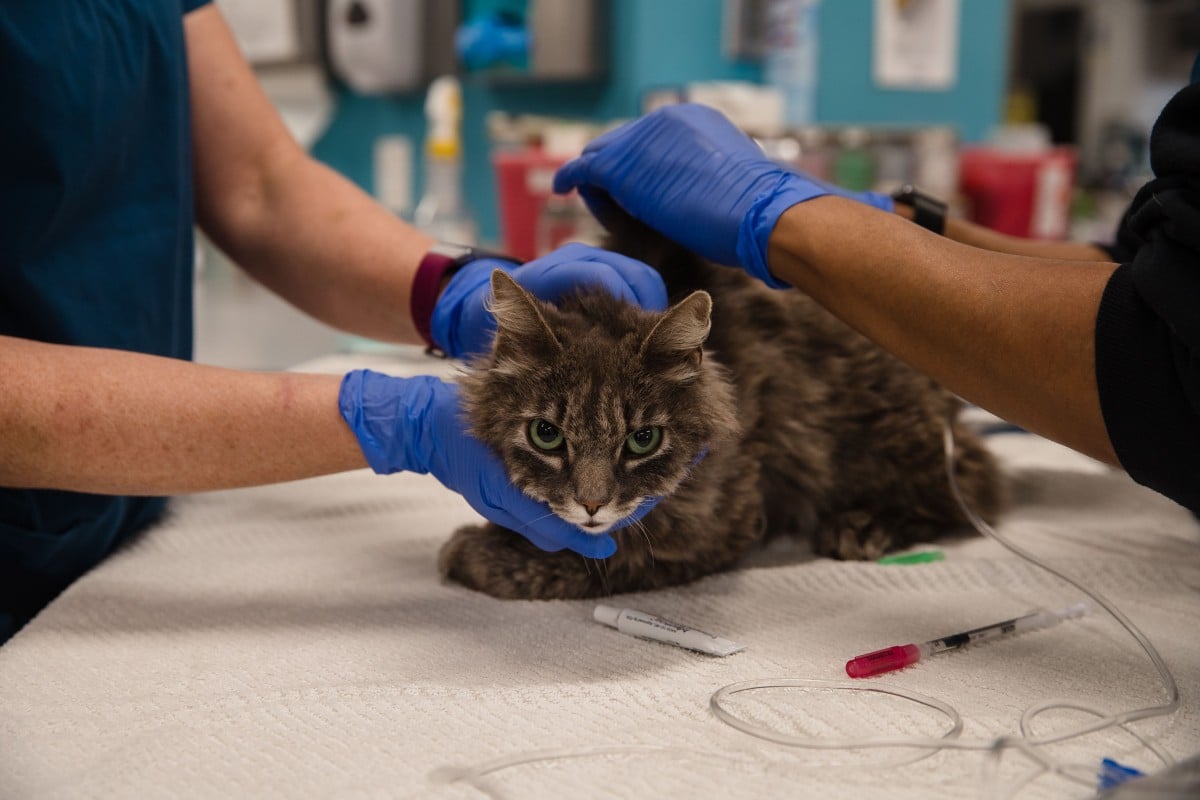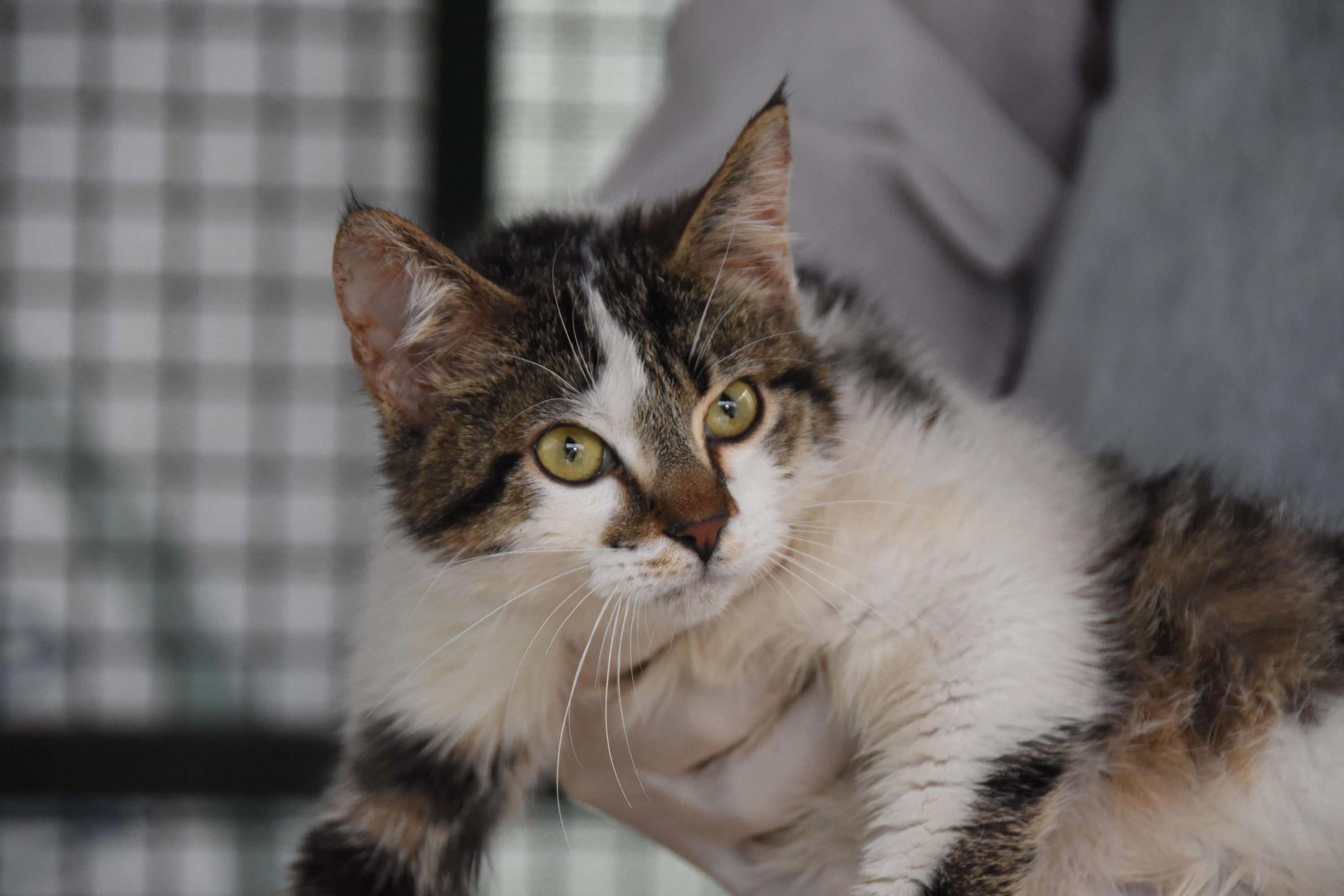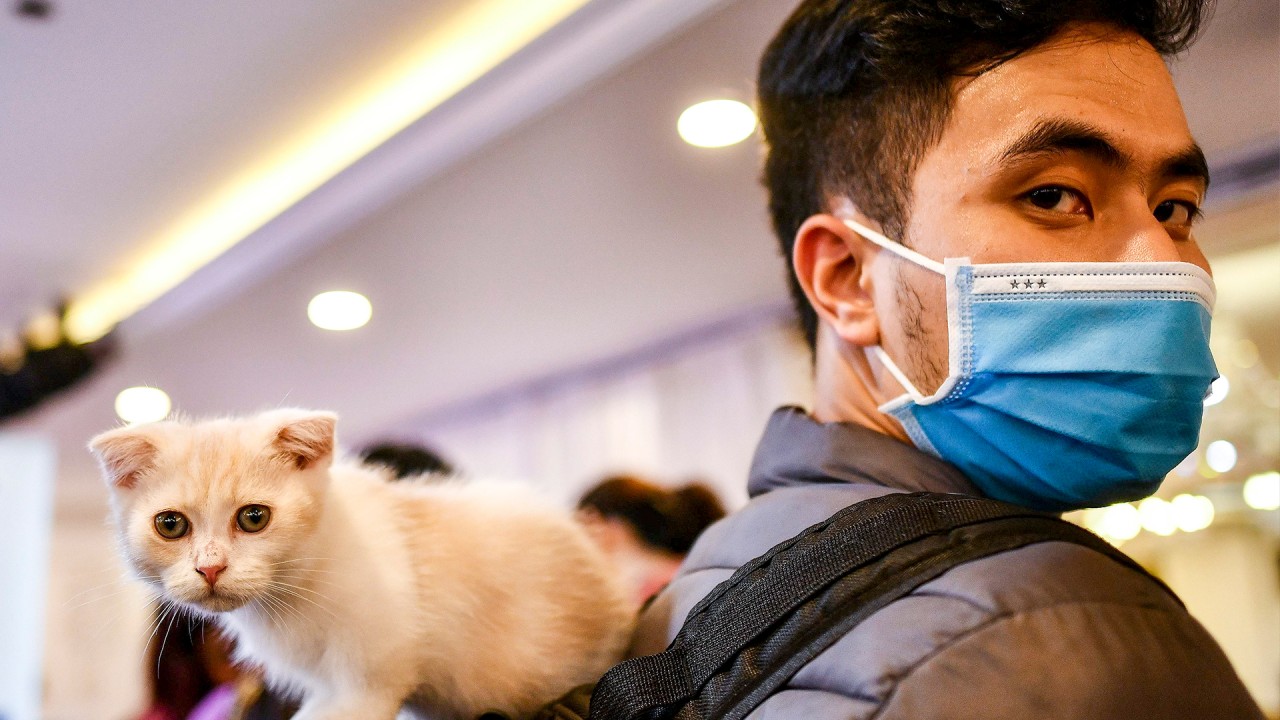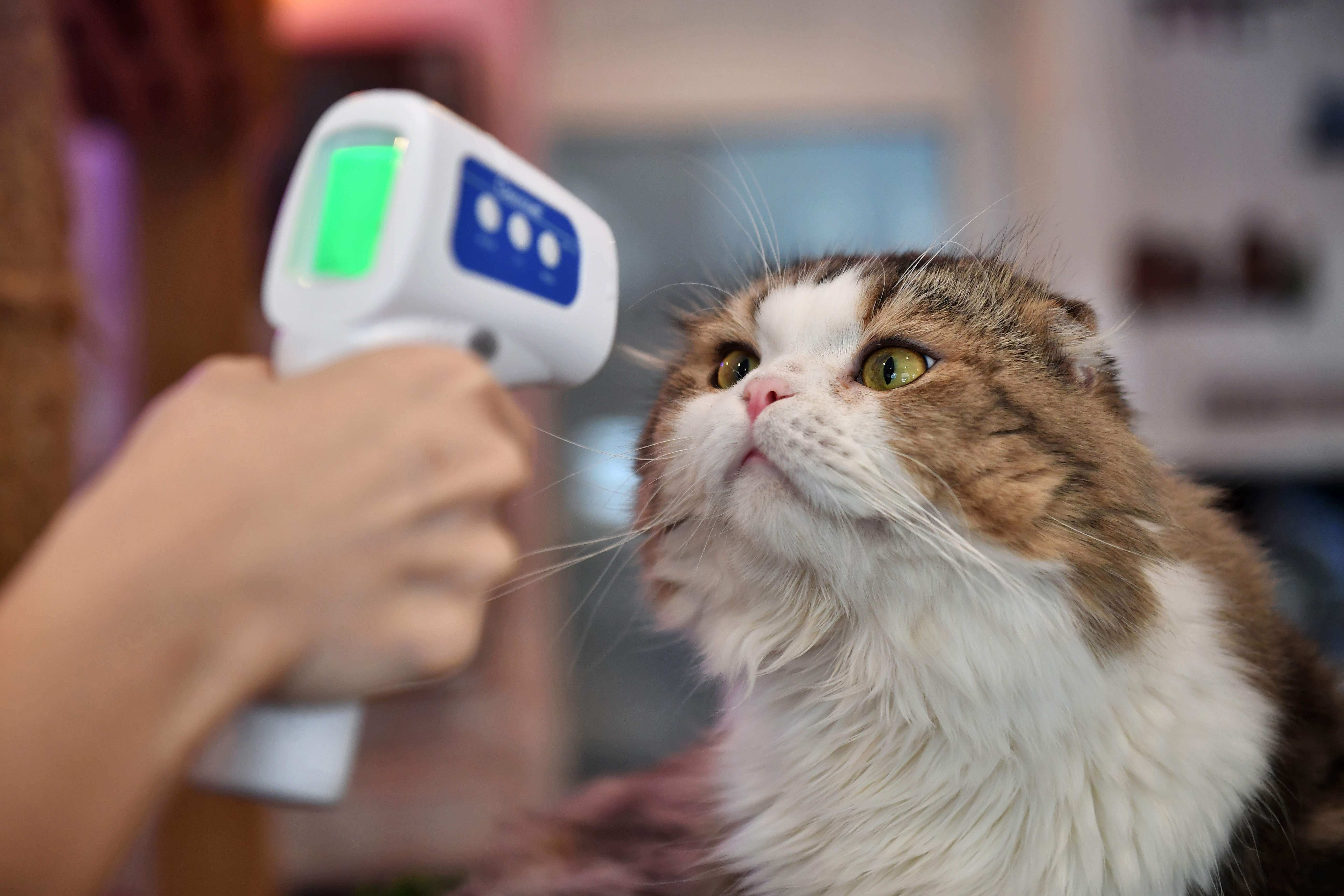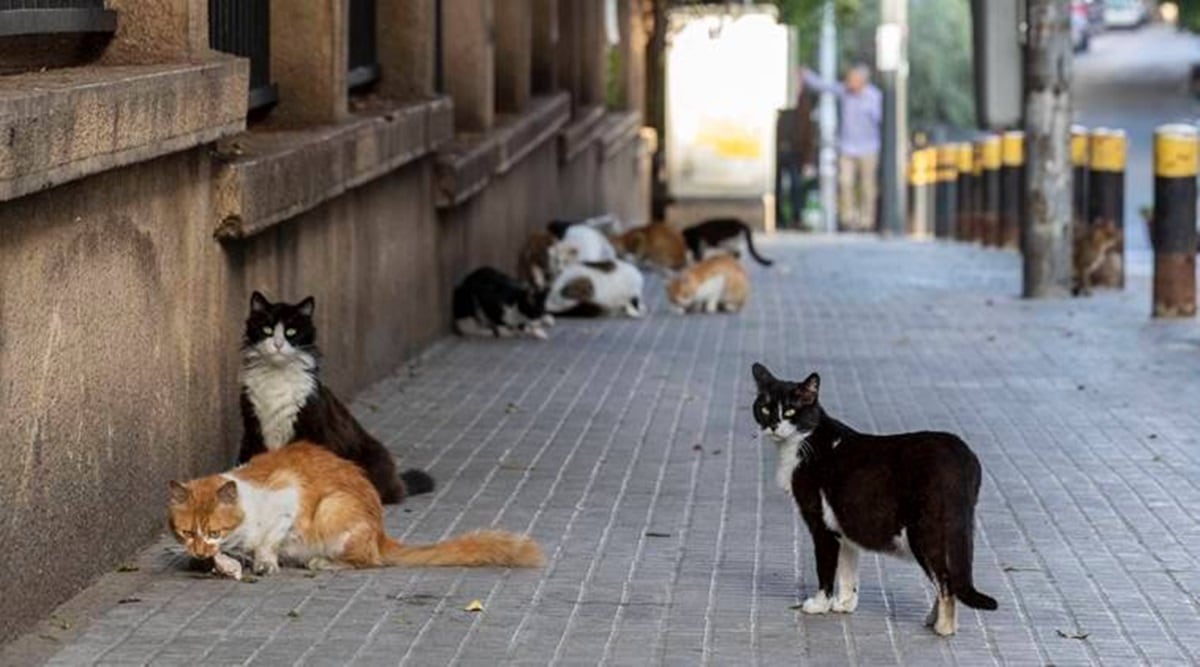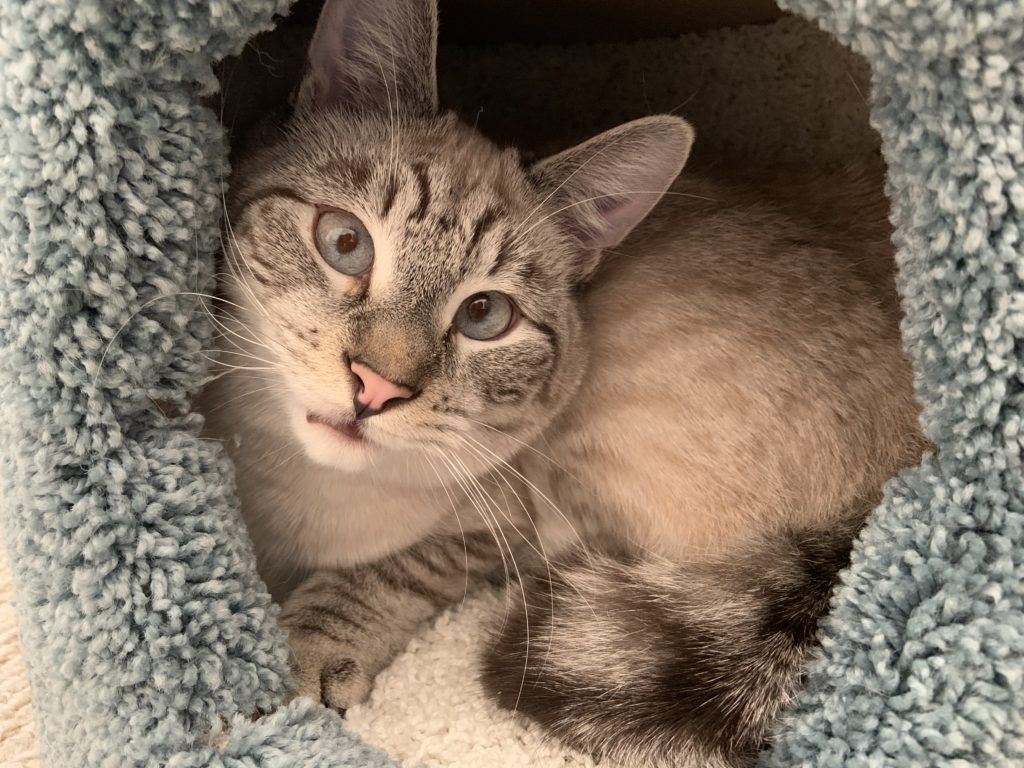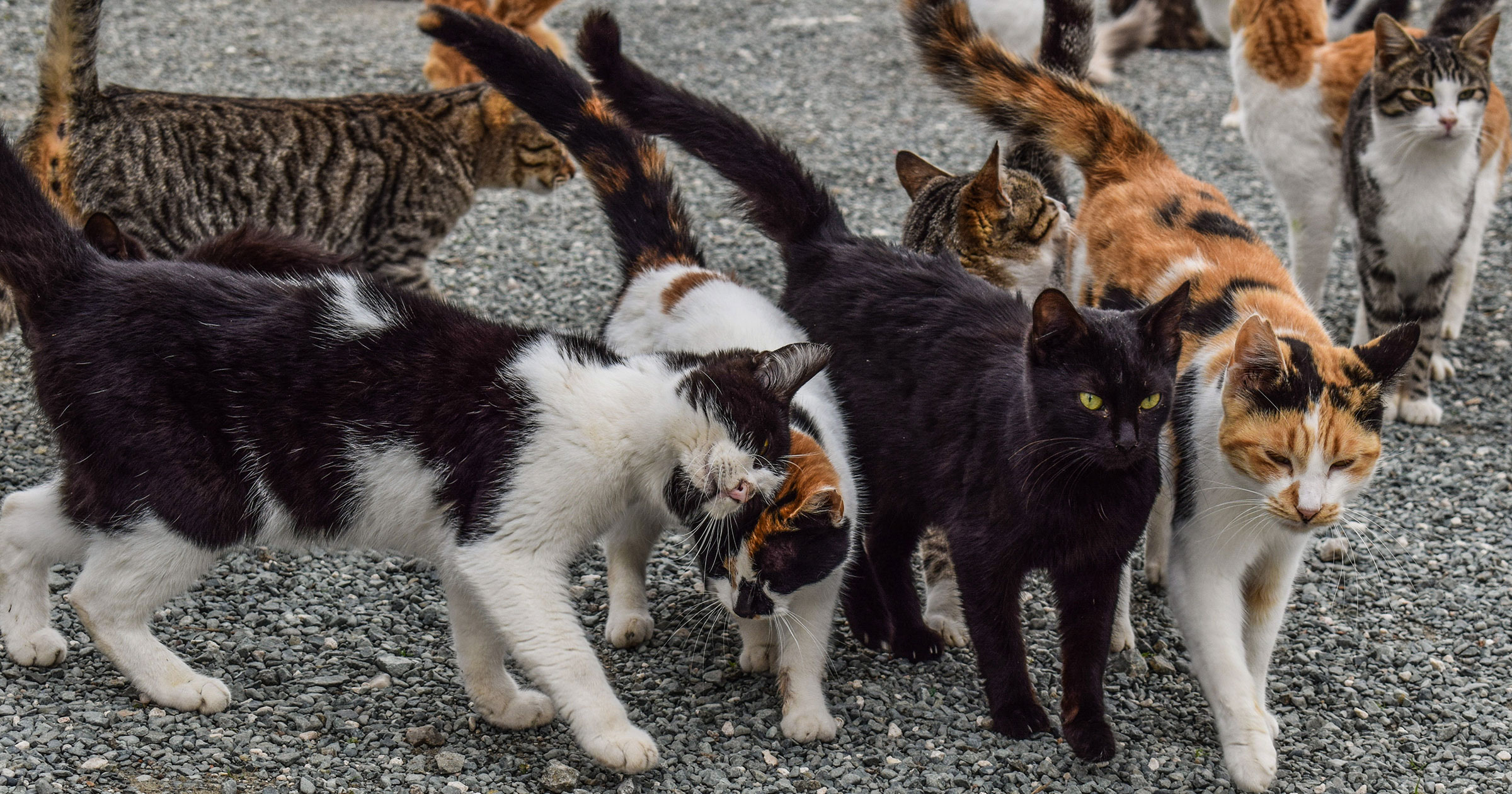Cats And Coronavirus Symptoms
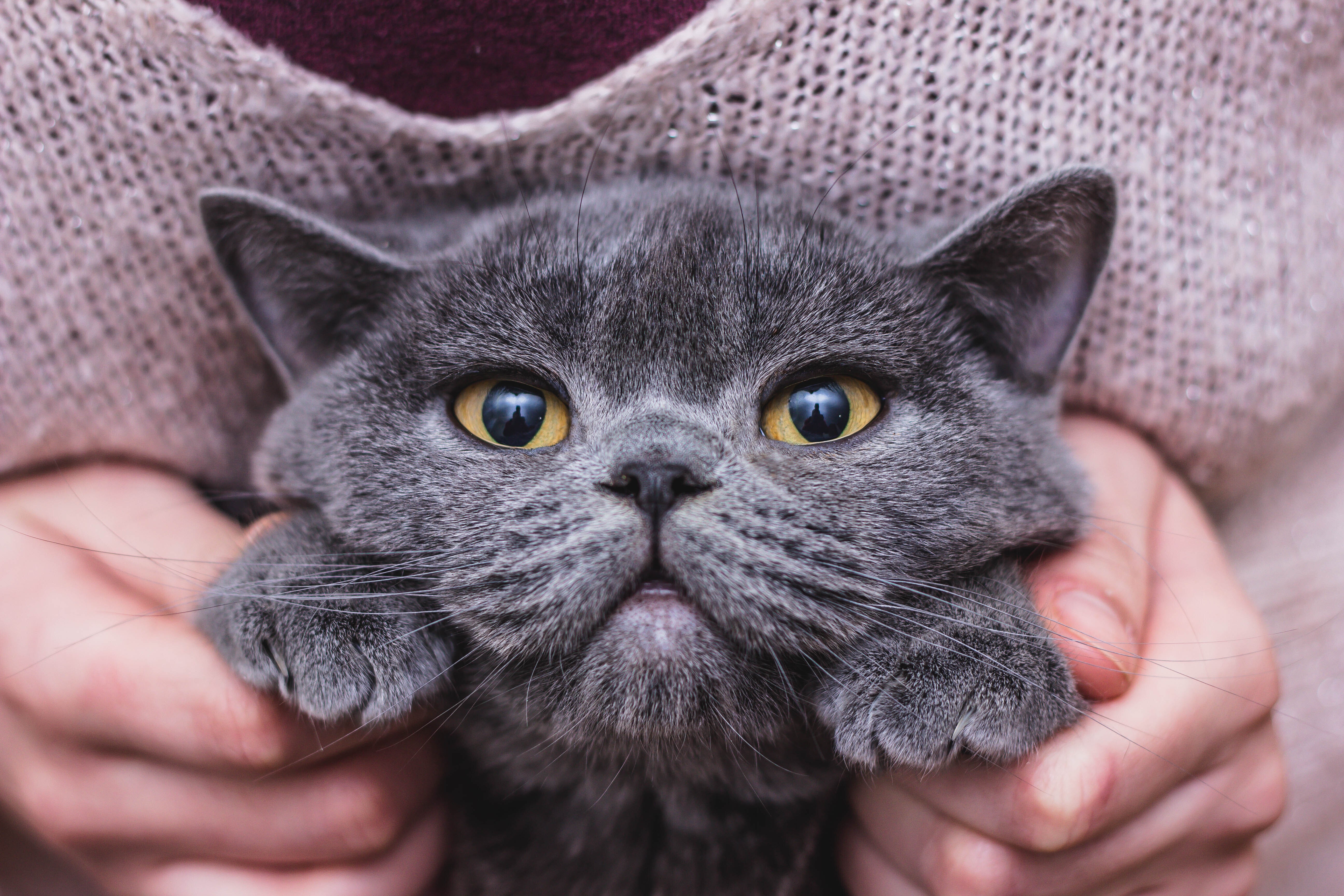
Cats appear to be at least mildly susceptible to COVID-19.
Cats and coronavirus symptoms. It is extremely rare Veterinarian Lori Teller with the American. FCoV is a common and contagious virus which is passed in the faeces of cats. Animals reported infected include.
The majority of cases were mild and only 20 percent of dogs and 30 percent of cats had symptoms. All 11 pets that underwent a second round of tests after another 1 to 3 weeks tested positive for antibodies and 3 cats still were positive for COVID-19. If youve been diagnosed with are suspected of having or are displaying characteristic symptoms of coronavirus COVID-19 it is advisable to minimise the amount of time your cat spends outdoors unsupervised.
Two cats in New York have been infected with the novel coronavirus federal officials announced Wednesday. Both cats had mild respiratory symptoms and are expected to recover. Symptoms but sadly most affected cats have to be euthanased.
Your cat can get COVID-19. If your pet is experiencing respiratory symptoms or other nonspecific symptoms such as lethargy or not wanting to eat or drink then contact your veterinarian for further guidance. In the naturally occurring case of feline COVID-19 from Belgium the cat developed GI and respiratory problems and recovered within nine days.
The severity of disease caused SARS-CoV-2 infection in cats is unclear. Eight cats and dogs that lived in the same homes as the pets that tested positive for. Symptoms of coronavirus in cats.
Feline Coronavirus FCoV and Feline Infectious Peritonitis FIP VETERINARY GUIDE 10. Feline Coronavirus FCoV is a common viral infection in cats. Cats are susceptible to natural infection with several strains of feline coronavirus that may result in either effusive and noneffusive FIP disease or in subclinical to severe enteritis.

